1. Florida

It feels like every time you turn around, Florida is in the news—for all the wrong reasons. From controversial education laws to book bans, the state has sparked national debates over what should be taught in schools. Governor Ron DeSantis has championed legislation that’s made headlines, including the “Don’t Say Gay” bill and restrictions on DEI programs in universities, Jo Yurcaba of NBC News explains. These moves have triggered lawsuits and widespread criticism across the political spectrum.
Florida also became a flashpoint during the COVID-19 pandemic, as it resisted lockdowns and mask mandates while pushing back hard against vaccine requirements. The state’s handling of the pandemic drew praise from some and outrage from others. More recently, its crackdown on immigration and transgender rights has landed it back in the spotlight. Whether it’s politics, education, or public health, Florida seems to be the epicenter of national contention.
2. Texas
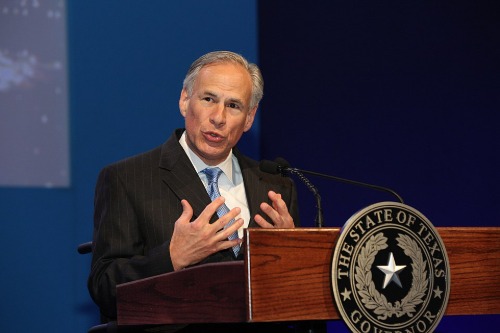
Texas often seems like it’s on a mission to challenge federal norms, and that keeps it in the headlines. From passing near-total abortion bans to taking an aggressive stance on border enforcement, the state has become a lightning rod for political controversy. Governor Greg Abbott’s initiatives, like busing migrants to other states, have turned immigration into a cross-country drama, according to Alejandro Serrano of The Texas Tribune. At the same time, Texas continues to resist federal gun control efforts—even after tragic mass shootings.
The state’s electric grid failure during Winter Storm Uri in 2021 also caused national uproar. Millions were left without power or water, and dozens of people died, sparking questions about deregulation and preparedness. Critics argue that Texas prioritized profit over public safety. The fallout lingers as officials continue to deflect blame instead of implementing robust reforms.
3. Alabama

Alabama has made headlines lately for resisting federal oversight when it comes to redistricting. Even after the U.S. Supreme Court ruled that its congressional maps violated the Voting Rights Act, the state delayed compliance, according to Madeleine Greenberg of Democracy Docket. This defiance raised eyebrows about the state’s commitment to fair representation. The controversy has fed ongoing concerns about voter suppression in the South.
On top of that, Alabama has taken a hard stance on reproductive rights. It passed one of the strictest abortion bans in the country, with no exceptions for rape or incest. The state has also criminalized gender-affirming care for minors, leading to court battles and protests. These actions have positioned Alabama as a national symbol of legislative extremism.
4. Mississippi
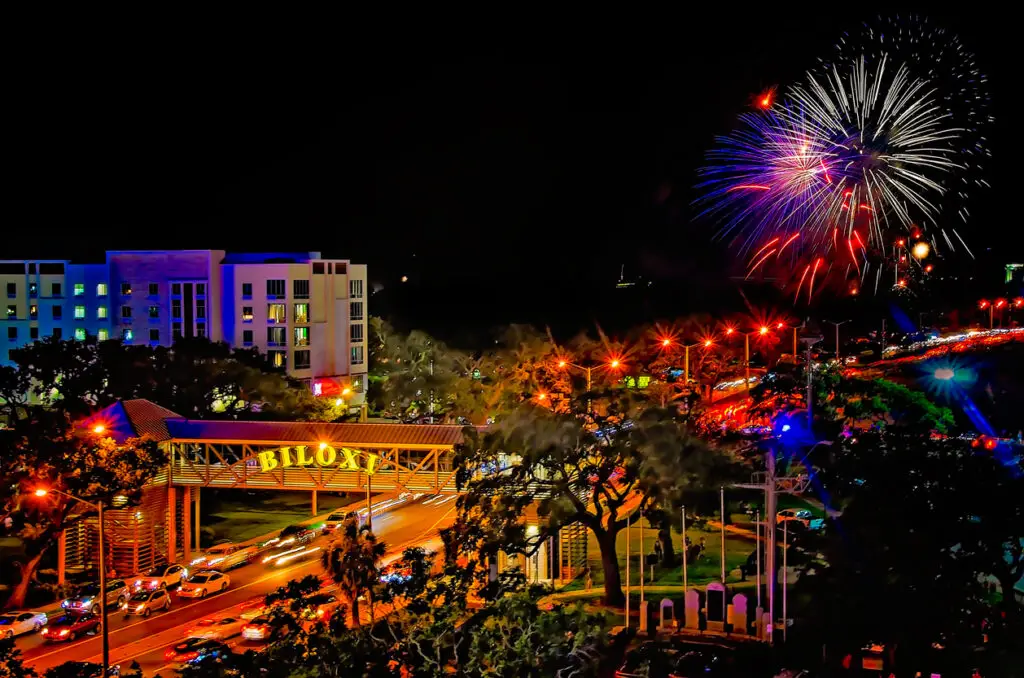
Mississippi frequently pops up in national news for having some of the worst health and education outcomes in the U.S. The state’s Jackson water crisis—where residents went weeks without clean water—was a stark reminder of long-neglected infrastructure, according to Sarah Fowler of The New York Times. The situation sparked outrage and brought federal attention, but systemic issues remain unresolved. Critics blame poor governance and underinvestment.
Mississippi has also remained one of the most resistant states to Medicaid expansion. That decision has left thousands of residents without access to affordable healthcare. Despite high poverty rates, the state’s leadership continues to reject federal aid that could improve lives. It’s a head-scratcher for many outside the state, and a heartbreak for many within it.
5. Tennessee

Tennessee landed in the spotlight after expelling two young Black lawmakers—Justin Jones and Justin Pearson—from the state legislature in 2023. Their “offense”? Participating in a gun control protest inside the Capitol after a deadly school shooting in Nashville. The move was widely criticized as racially motivated and anti-democratic. Public backlash forced their eventual reinstatement, but the damage was done.
The state has also banned drag performances in public and cracked down on LGBTQ+ rights, earning it national criticism. Tennessee’s education policies have mirrored those of Florida, including restrictions on teaching about race and gender. These actions have led to protests, lawsuits, and ongoing media scrutiny. It’s clear that Tennessee has become a testing ground for hardline culture war policies.
6. Georgia
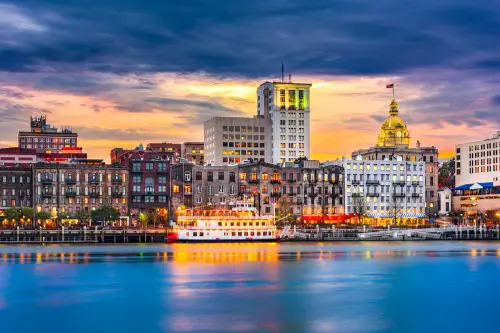
Georgia has been at the center of electoral controversy since the 2020 presidential election. The state saw unprecedented attempts to overturn the election results, culminating in Donald Trump’s now-infamous phone call asking officials to “find 11,780 votes.” That scandal led to ongoing criminal investigations and massive media attention. It was a defining moment in America’s democratic crisis.
More recently, Georgia passed voting laws that critics say disproportionately target minority communities. The changes included ID requirements for absentee ballots and limits on ballot drop boxes. Civil rights groups have challenged the law in court, arguing that it suppresses turnout. The battle over voting rights has made Georgia a focal point in the struggle for fair elections.
7. Kentucky

Kentucky has been making headlines over issues with public health, education, and governance. In 2023, it faced a teacher shortage crisis compounded by low pay and political tension over curriculum content. The state’s handling of pensions and labor relations has long frustrated educators. This has led to protests and walkouts that put Kentucky in the national spotlight.
Additionally, Kentucky’s environmental management has drawn concern, especially following extreme flooding events. Some of the hardest-hit communities still haven’t fully recovered. Critics argue the state lacks a coherent disaster preparedness strategy. These recurring failures suggest a deeper problem with long-term planning and resource allocation.
8. West Virginia
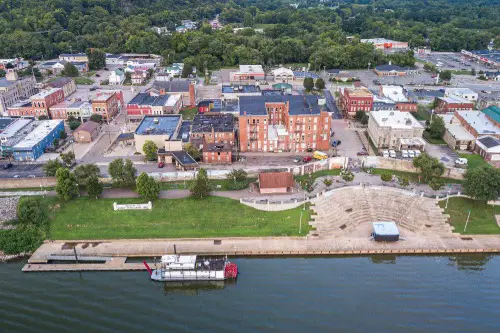
West Virginia is often cited for leading the country in opioid-related deaths, and it continues to struggle with substance abuse. The crisis has overwhelmed public health resources and torn through entire communities. Lawsuits against pharmaceutical companies have brought billions in settlements, but recovery remains slow. It’s a heartbreaking epidemic that keeps the state in the news.
The state has also made waves for cutting higher education budgets while seeing enrollment plummet. West Virginia University proposed eliminating whole departments—including foreign languages—due to financial strain. This sparked protests and raised questions about the state’s priorities. For many, it symbolizes the hollowing out of public institutions in struggling rural areas.
9. Missouri

Missouri has caught national attention for its draconian abortion laws and policies targeting transgender individuals. After Roe v. Wade was overturned, Missouri was one of the first states to enact a near-total abortion ban. The law doesn’t include exceptions for rape or incest, drawing national ire. It’s become a symbol of America’s fractured reproductive rights landscape.
The state also tried to limit gender-affirming care for minors and even for some adults. Attorney General Andrew Bailey pushed for emergency restrictions based on shaky evidence, leading to legal battles. Critics slammed the move as government overreach and medically irresponsible. These controversies continue to put Missouri in the crosshairs of civil rights debates.
10. Arizona
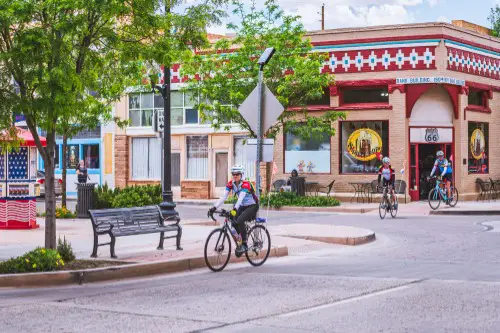
Arizona has become a recurring headline due to its handling of elections and voter integrity claims. It was a central battleground in 2020 and again in 2022, with repeated calls for audits and recounts. The infamous Cyber Ninjas audit of Maricopa County’s votes became a media circus. It ultimately confirmed Biden’s win but sowed lasting distrust in the process.
The state has also faced scrutiny for its water usage and drought planning—or lack thereof. As the Colorado River continues to dry up, Arizona’s suburban expansion looks increasingly unsustainable. Critics say the state has dragged its feet on long-term water conservation measures. These dual crises in democracy and environment keep Arizona in the national conversation.
11. South Carolina
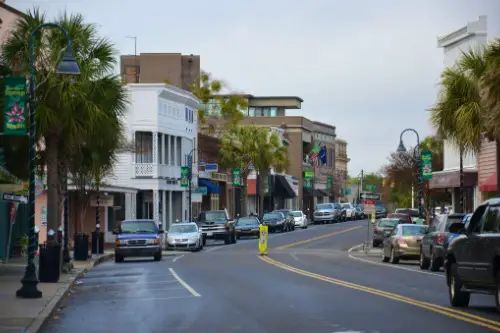
South Carolina made waves with its strict abortion law that bans most procedures after about six weeks. The law went into effect in 2023 after a lengthy legal battle. Critics argue that the ban effectively eliminates access to abortion for most women in the state. The political push behind it reflects a broader shift in Southern conservative states.
Meanwhile, South Carolina has also struggled with education disparities and racial inequality. Funding gaps between districts are significant, and some rural schools are in poor condition. Activists have long pushed for reform, but little progress has been made. These persistent issues highlight systemic neglect and social stratification.
12. Idaho
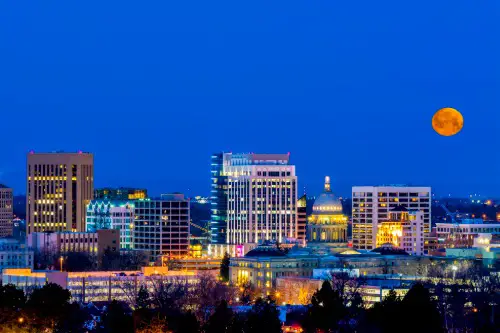
Idaho has been in the news for aggressively pursuing anti-trans and anti-abortion legislation. It became the first state to try to criminalize helping minors travel out of state for abortion care. This unprecedented move raised serious constitutional questions and sparked lawsuits. Critics called it an extreme invasion of privacy and parental rights.
The state has also embraced book bans and curriculum restrictions. Public libraries and schools are caught in the crossfire of political ideology. Teachers and librarians face increasing pressure, and some have even quit. Idaho’s shift toward hardline social policies has been swift and deeply polarizing.
13. Oklahoma

Oklahoma has repeatedly made headlines for its handling of education and criminal justice. In 2023, State Superintendent Ryan Walters drew national criticism for promoting right-wing ideology in public schools. From banning certain history books to opposing DEI programs, the education system has become a battlefield. Teachers and parents are deeply divided.
The state also has one of the highest incarceration rates in the country. Efforts at reform have been inconsistent and often overshadowed by political drama. At the same time, Oklahoma has faced multiple lawsuits over botched executions. These issues have sparked national concern about human rights and due process.
14. Louisiana
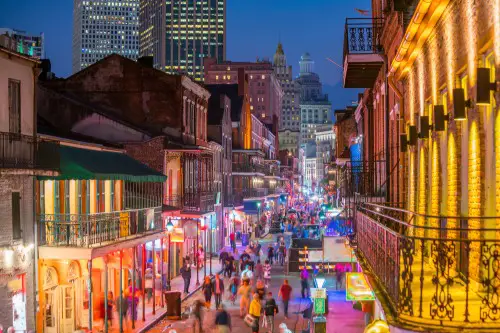
Louisiana has long struggled with poverty, poor healthcare, and educational underachievement—and it continues to rank near the bottom in national quality-of-life metrics. Natural disasters like Hurricane Ida have highlighted its fragile infrastructure and slow recovery systems. Many communities, especially in rural areas, still haven’t bounced back. Critics point to corruption and weak governance as root causes.
In recent years, the state has doubled down on controversial criminal justice policies. Harsh sentencing laws and overcrowded prisons have drawn national scrutiny. Additionally, Louisiana remains one of the few states to use non-unanimous jury verdicts in serious cases—though this practice was recently ruled unconstitutional. These persistent issues keep dragging Louisiana back into the headlines for all the wrong reasons.


